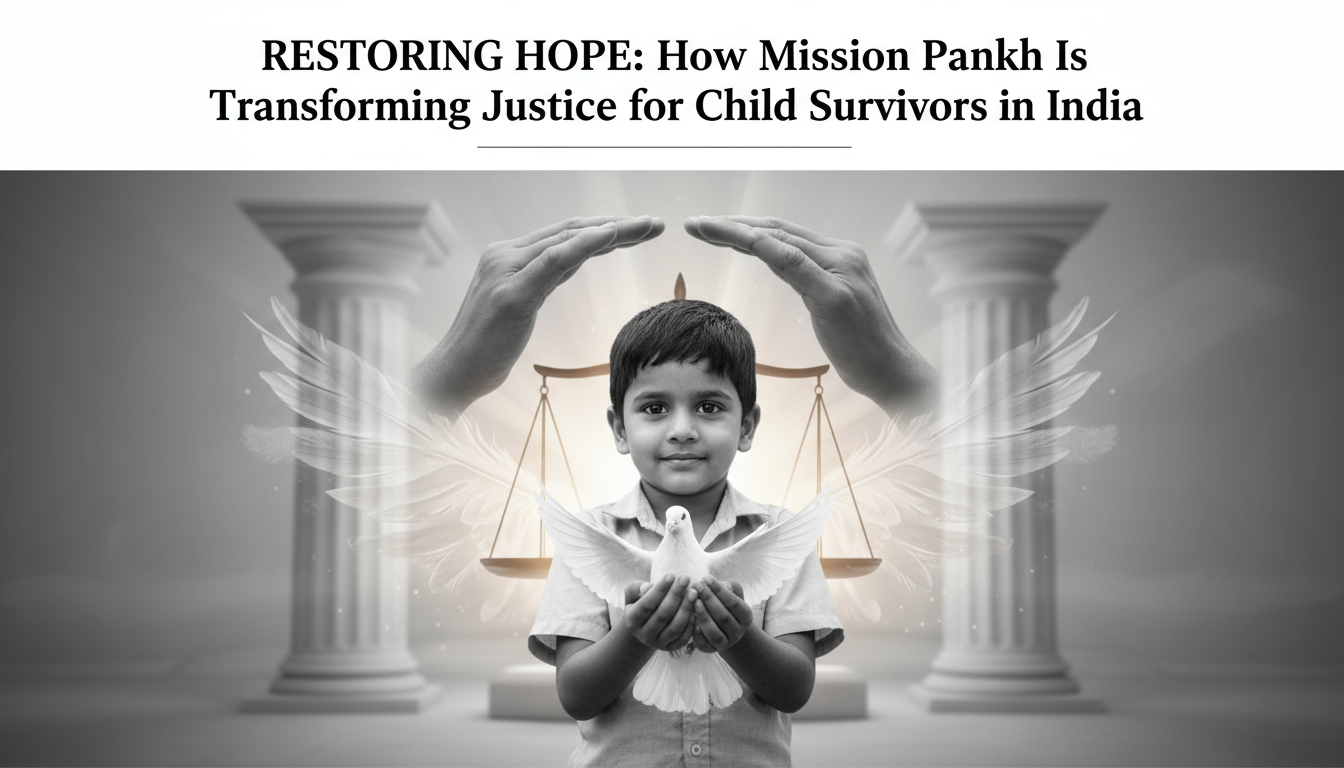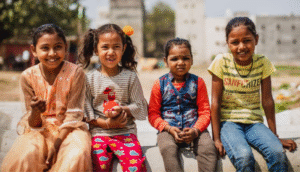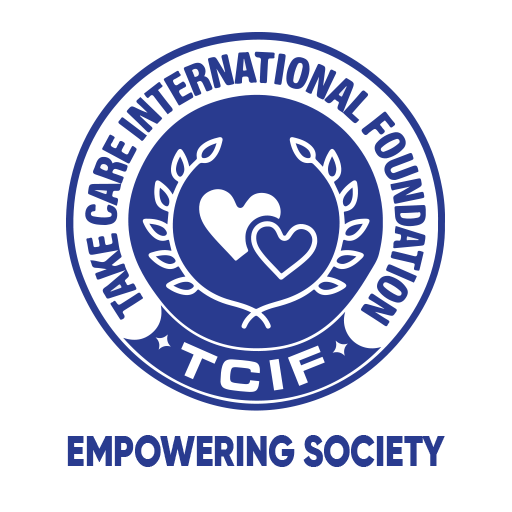
In a country where courtrooms often echo with delay and despair, one initiative in Uttar Pradesh is daring to change the narrative. Mission Pankh, launched in September 2025 in Pratapgarh district, is breathing fresh life into India’s justice system for children under the Protection of Children from Sexual Offences (POCSO) Act.
Instead of focusing solely on punishment, Mission Pankh looks at healing, reintegration, and hope. Led by the district administration in collaboration with the UP Police and the Departments of Women’s Empowerment and Social Justice, this initiative offers survivors more than just legal aid it connects them to education, mental health counselling, and compensation, helping them rediscover their wings.
“We wanted to show that even after facing difficult circumstances, children can find new hope, new direction, and a new flight,” said District Collector Anjali Rajoria, highlighting the programme’s vision.
From Prosecution to Rehabilitation
For years, India’s POCSO framework has centered on investigation and conviction, often leaving survivors to navigate a cold, complex system alone. Mission Pankh changes this by placing care and dignity at the heart of justice. By ensuring school re-enrolment, trauma care, and financial compensation, it’s helping children rebuild their futures not just their cases.
But for such change to take root, India must also confront its deep systemic flaws.
The Challenge: Justice That Moves Too Slowly

Even a decade after the POCSO Act came into force, conviction rates remain painfully low around 3% nationwide. Many children wait years for trials to conclude due to missing judges, delayed forensics, and overloaded courts.
In cities like Delhi, Fast Track Special Courts take nearly five years to resolve a single case. Meanwhile, states like Kerala face thousands of pending cases due to understaffed labs and limited judicial resources.
“Most courts don’t have full-time magistrates for POCSO cases,” says Vidya Reddy, Founder-Director of Tulir – Centre for the Prevention & Healing of Child Sexual Abuse. “It’s not just a legal issue; it’s about the lack of trained professionals who can handle such sensitive matters.”
This backlog turns justice into an endurance test, forcing survivors to relive their trauma while waiting for closure.
The Rays of Reform
Despite these challenges, hope is emerging from the cracks. Several states are reimagining justice through survivor-centered reforms.
- Fast Track Special Courts (FTSCs) across India are now ensuring speedier trials with dedicated staff and better case tracking.
- Maharashtra has set up 27 new fast-track courts and a multi-storey POCSO complex in Pune equipped with counselling rooms and video-recording facilities for child witnesses.
- Tamil Nadu’s Madurai Bench recently reinforced that survivors can file POCSO cases even years after abuse recognizing the long journey from trauma to disclosure.
These examples reflect a growing belief that justice must not only punish but also heal.
Beyond Courtrooms: Building a Culture of Care
Experts and activists agree that the road to real reform extends far beyond courtroom walls. Survivor support, witness protection, community counselling, and coordination between police and welfare departments are essential.
Mission Pankh embodies this holistic vision measuring success not by conviction rates but by how many children return to school, receive counselling, or find stability after trauma.
“Our goal is to connect these children with the mainstream and support their journey towards a better future,” says Rajoria.
By shifting from retribution to restoration, initiatives like Mission Pankh remind us that justice isn’t just about closing a case it’s about reopening a life.





